#country folk
Text

John Townes Van Zandt in studio with Cowboy Jack Clement
#john townes van zandt#townes van zandt#cowboy jack clement#texas songwriters association#singersongwriter#country folk
115 notes
·
View notes
Text
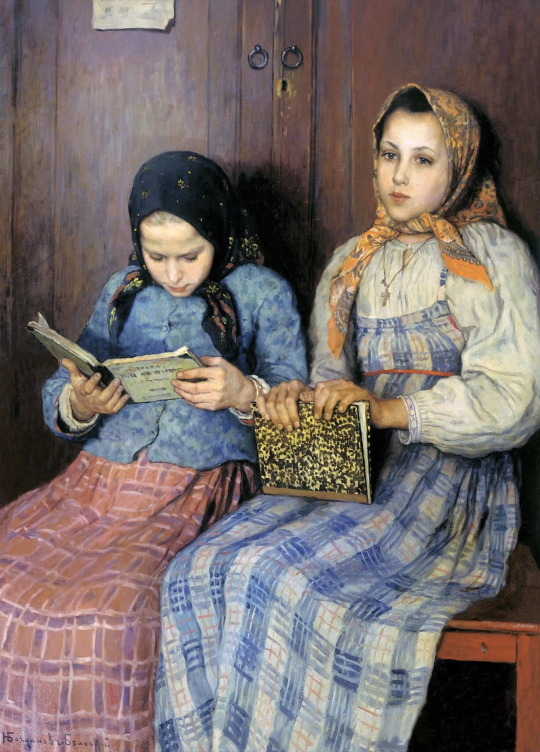
Nikolay Bogdanov-Belsky (Russian, 1868-1945)
Pupils, 1901
Seratov State Art Museum
#Nikolay Bogdanov-Belsky#russian art#russia#russian#pupils 1901#art#fine art#classical art#oil painting#fine arts#traditional art#folk#country folk#folk art#genre painting
85 notes
·
View notes
Text
Dive into the angelic melodies and profound narratives of Kacey Musgraves' latest album 'Deeper Well' on today's episode of the Music Matters Media podcast. Join us as we unravel the tales woven into each track, we explore Kacey's journey of growth and maturity, and we delve into the spiritual undertones that enrich her music. Tune in for an insightful discussion that promises to deepen your appreciation for this captivating album!
Visit our website: MusicMattersMedia.com
All Music Matters Media links: linktr.ee/musicmattersmedia
#Music Matters Media#Music#Podcast#Music Podcast#Kacey Musgraves#Deeper Well#Same Trailer Different Park#Pageant Material#A Very Kacey Christmas#Golden Hour#Star-Crossed#Country#Pop#Folk#Country Pop#Country Folk#Cardinal#Too Good to Be True#Moving Out#Giver / Taker#Sway#Dinner with Friends#Heart of the Woods#Jade Green#The Architect#Lonely Millionaire#Heaven Is#Anime Eyes#Nothing to be Scared Of#Deeper Well World Tour
10 notes
·
View notes
Photo
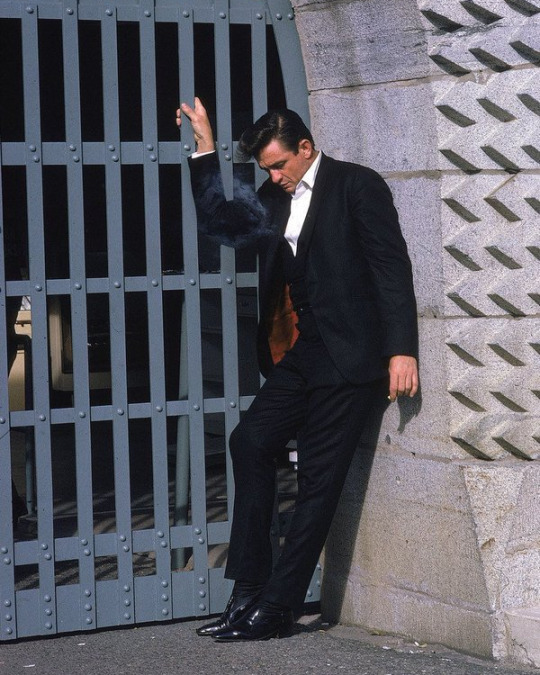
“I’m the Man in Black..”
#johnny cash#singer#songwriter#country#country music#rock and roll#rock'n'roll#rock 'n' roll#rocknroll#rock n roll#rockabilly#blues#folk#outlaw country#country folk#1960#1960s#1960s dress#1960s music#1960's#60s#60s style#60's fashion#60's music#60's style#60s music#'60s
185 notes
·
View notes
Text
youtube
#2024#music#spectrum pulse#album review#on the pulse#sierra ferrell#trail of flowers#country folk#acoustic#singer-songwriter#celtic folk#Youtube
2 notes
·
View notes
Text
Molecules!
The Great Decline of Ma Polaine - Molecules (2024)
Alternative | Americana | country folk | Great Britain
An attachment that has grown and does not let go))
Perhaps the most relaxed and soulful record from Beth and Clinton in their discography.

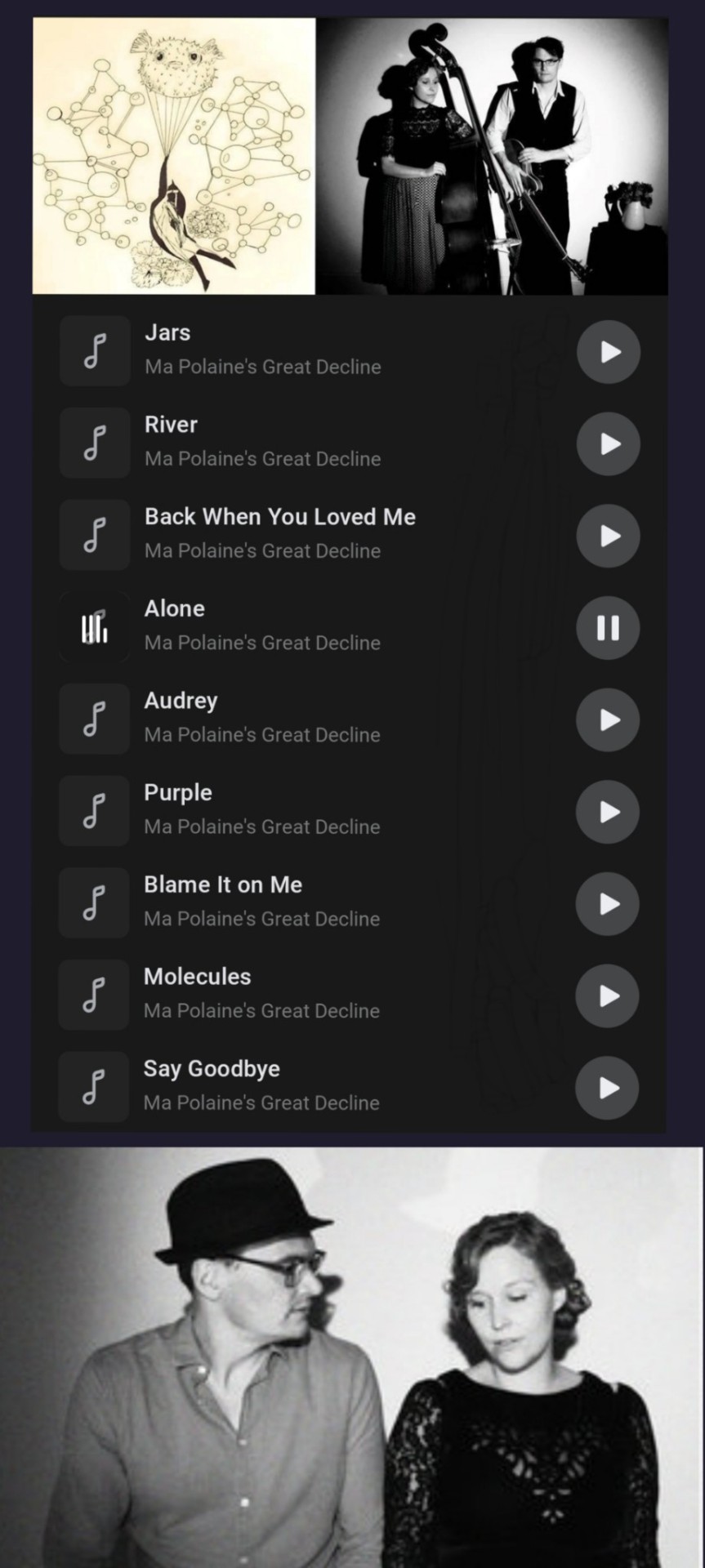
Beth Packer: words and music, vocals
Clinton Hugh: Guitar
Nick Pini: Bass guitar
Jimmy Norden: drums
youtube
#The Great Decline of Ma Polaine#new album#new#new music#new music friday#my music#music#spotify#music love#my spotify#musica#alternative#americana#country folk#great britain#britain#youtube music#youtube#new youtube videos#Spotify
4 notes
·
View notes
Text

Via @joancbaezofficial on Instagram🌵🌵🌵
3 notes
·
View notes
Text
youtube
Bonne matinée 💟💃🆕️
Shania Twain 🎶 Giddy Up !
(Queen of Me)
#new music#shania twain#music video#giddy up!#video clip#queen of me#clip music video#country folk#youtube#bonnematinée#fidjie fidjie
24 notes
·
View notes
Text
You can easily tell which country singers know what the battle for Blair mountain is from the country singers who love the fact that after 9/11 and katrina they got public permission to be even scummier towards non-white people based.
In that same regard you can tell what folks are country or southern and what folks are mossy oaks and bass pros personal little ATMs
3 notes
·
View notes
Text
212: Blaze Foley // Live at the Austin Outhouse
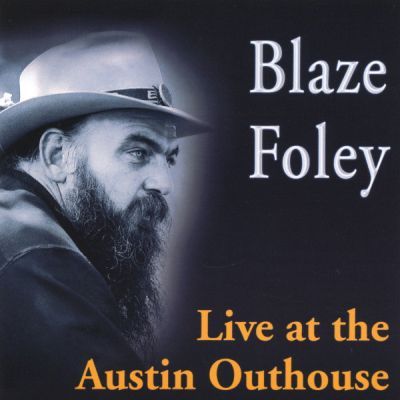
Live at the Austin Outhouse
Blaze Foley
1999, Lost Art (Bandcamp)
I wept over Blaze Foley’s grave. I didn’t expect to. I was visiting Austin at the beginning of a roadtrip, and my friend asked if there were anything around the city I wanted to see before we set off west toward Big Bend and the Rio Grande. It occurred to me that maybe Townes Van Zandt might be buried somewhere in the area, and I thought it’d be nice to go say my respects. It turned out that Townes rests in Tennessee, but the subject of doomed country singers and their graves brought to mind a story I’d heard about Townes and his friend Blaze, how after Blaze was murdered in 1989 Townes had had him temporarily exhumed in order to get at the front pocket of the suit he’d been buried, where there was a pawn shop ticket for a guitar the dead man had hocked shortly before his passing. I figured I wouldn’t mind seeing the place, so we drove down to the little green cemetery in Manchaca where his small stone faces a pasture of grazing longhorn cattle looking like myths or advertisements, and then I sat there and cried. I cried over the magpie offerings on the stone, earrings and poker chits and an empty beer can (literal trash elsewhere, but respectful in this context and careful placement); I cried at the big cows; I cried over the inscription of Blaze’s face and a guitar with the titles of his best-loved songs; I cried because I was hungover, and because I had done a bunch of fucked up things in the preceding years, and I was so full of shame, overwhelmed by the weight of amends; and I cried because this man had been fucked up and he was dead and people still loved him. I guess at the time I needed a sentimental image of a damaged man who does right more than I’d known. And so, the tears came.
youtube
My Blaze fandom has always centered on Live at the Austin Outhouse, the low-slung 1988 two-night stand recorded barely a month before his death that first saw wide release (in excerpted form) on CD in 1999. (The full four-hour-long tapes just hit streaming platforms this year.) Foley’s discography is brief, and all of it worth the listen, but he was never in better voice, or more warmly recorded, than he was at the Outhouse. If you’ve heard Van Zandt’s Live at the Old Quarter, Houston, Texas, the experience is similar: amid clanking bottles and bar chatter, the most desolate, acoustic songs of yearning sit side by side with wry character sketches and a helping of the dumbest, most adorable stage patter yet recorded. The predominantly solo album is a showcase for Blaze’s remarkable abilities as a country blues picker, and that unmistakable worn, lorn baritone of his.
Though Foley lacked Van Zandt’s overtly poetic predilections (e.g. “Lungs”; “Silver Ships of Andilar”), at his best he was Townes’ equal as a romantic and his better as a wit. For my taste, there isn’t a more genuinely moving love song than “Oooh Love,” a song that sounds like an old junkyard dog surprised to find himself being stroked after years in the rain. There’s brilliance in the slow reveal of its opening verse, his lover complimenting this big hairy man on his “pretty blue eyes” rather than the reverse:
Blue eyes
She said pretty blue eyes
Said I had pretty blue eyes
See me again
She wants to
See me again
She's such a pleasant surprise
It puts the masculine speaker immediately in an unfamiliar, vulnerable position, the one feeling the wonder of being unexpectedly chosen. On the other side, there’s “Officer Norris.” Foley does the best job anybody’s done of lambasting the cops since Kristofferson’s “Best of All Possible Worlds,” dressing down the titular officer for everything from cribbing free coffee cakes to chasing after married women to being abandoned by his mother because he was an unlikable baby. Blaze gives us “If I Could Only Fly” too, a quintessential (and rendingly) sad country song, and “Christian Lady Talking on the Bus,” a wholly unsentimental look at faith and self-delusion. And above all, there’s “Clay Pigeons,” a song of disappointment and humour and endurance and crooked optimism that strikes something true in me like almost no other song has. As someone who’s started over quite a few times at this point, it’s become an anthem, and more than anything else, it’s why I convinced my pal to take me out there south of Austin to pay my respects in person. Music has never fixed anybody, but it can bring who you are into focus. Lord knows I needed that.
youtube
A note on the versions of this recording
Blaze played nearly 30 songs over the course of his two nights at the Outhouse. I’ve been going through the full tapes today (which contain at least as much audio of the Duct Tape Messiah goofing with his friends in the crowd as it does music). While of the original cassette that was passed around Blaze’s friends and fans in the late ‘80s contained 21 tracks, it’s now clear how much my sense of Austin Outhouse as an “album” comes from the work Lost Art Records did when they put out their condensed 12-song CD edition. Lost Art left in a smattering of the choicer bits of Blaze’s rambles and winnowed the tracklist down, turning what could’ve been a double-live record (or a for-true-maniacs boxed set) into a digestible introduction to the man’s work. In order to keep things on one disc, the 2020 vinyl issue (also from Lost Art) leaves out what stage patter had remained, which makes it a smoother repeat listen for those already well-familiar with Blaze’s bits. Still, the CD/streaming version remains definitive for me because it was how I “met” the man.
All that said, the chance to hear versions of other Foley classics recorded in the same space as the familiar cuts is a thrill. If you’re already a fan, I strongly encourage you to try out the live versions of the two studio cuts from the original, and takes on “Springtime in Uganda,” “Long Time,” “Oval Room,” “Someday” and many more. Be forewarned though; it is beyond eerie hearing Blaze talk with obvious affection about (and even do an impression of) his friend Concho January, the elderly pensioner whose son Carey would shoot Foley dead just a few weeks later. By Concho’s own courtroom testimony, the burly country singer died trying to prevent Carey from yet again robbing the old man of a welfare cheque. It was a squalid, hero’s death, and he deserved better.
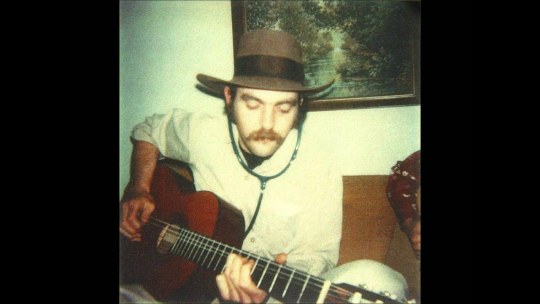
212/365
#blaze foley#outlaw country#country folk#finger picking#the duct tape messiah#townes van zandt#tales from the tour bus#'80s music#'70s music#vinyl record#music review#texas country#texas music#austin
4 notes
·
View notes
Text

If it rained an ocean, I'd drink it dry
And lay me down, dissatisfied
John Townes Van Zandt
Austin Texas
56 notes
·
View notes
Text

Songs Beneath The Sun
(Getting back to the garden..)
Nick Drake - Introduction
Pink Floyd - Grantchester Meadows
The Beatles - Mother Nature's Son
Babe Rainbow - Thinking Like A River
Khruangbin & Leon Bridges - Texas Sun
Anna St. Louis - Sun
Neil Young - Out On The Weekend
Steve Gunn & David Moore - Painterly
#Nick Drake#pink floyd#the beatles#babe rainbow#anna st. louis#Khruangbin#Leon Bridges#neil young#steve gunn#david moore#mixcloud#mixtape#woodencup#alternative rock#folk#country folk#acoustic#sixties
3 notes
·
View notes
Text
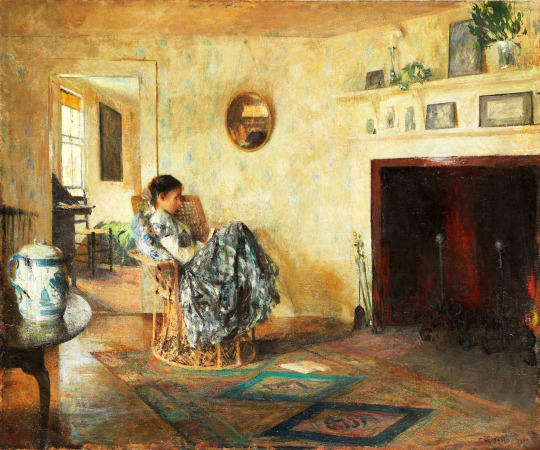
Frank Weston Benson (American, 1862–1951)
Rainy Day, 1906
Art Institute Chicago
#colour enhanced#rainy day 1906#frank weston benson#american#american art#rainy day#cottage core#classic art#art#fine art#oil painting#fine arts#classical art#traditional art#country folk#country#folk#cottage#cozy#cozy by the fire#portrait of a young girl#genre painting#americas
78 notes
·
View notes
Photo

✯ Poster design of Gillian and Dave inspired by their performance at Hardly Strictly in 2015 ✯
Still figuring out photoshop but quite pleased w this one! :>
#Gillian Welch#folk music#music poster#country music#folk rock#country folk#david rawlings#gillian and david#western wear#cowboy#cowgirl#bluegrass#blues music#poster design#digital design#graphic design#illustration#dave rawlings machine#americana#music art
8 notes
·
View notes
Photo

Johnny Cash & Elvis Presley, 1956
#johnny cash#elvis presley#country#country music#rock and roll#rocknroll#rock n roll#rock'n'roll#rock 'n' roll#rockabilly#blues#folk#gospel#country folk#elvisthepelvis#traditional#country pop#the king#elvistheking#king of rock and roll#elvis#the man in black#1956#1950s#1950s music#1950s fashion#1950s style#1950's#50s#50s music
398 notes
·
View notes
Photo

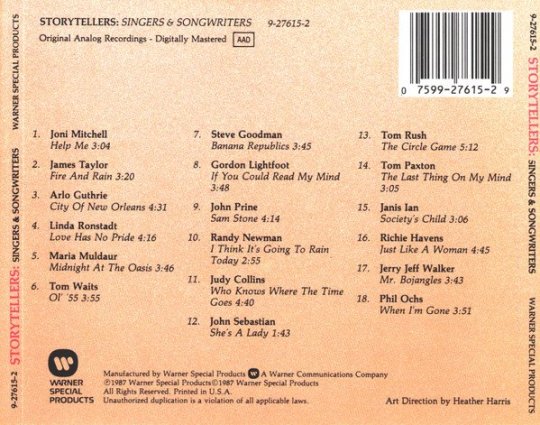
Today’s compilation:
Storytellers: Singers & Songwriters
1987
Singer-Songwriter / Folk / Soft Rock / Folk-Rock / Country-Folk
Here's a brilliant release from Warner that sort of traces an evolution of soft, moving, intimate, and lyrically poetic music, with tunes from the 60s folk movement as well as the more commercially viable 70s singer-songwriter era that succeeded it. On Storytellers, you'll find chart-busting hits from the likes of Joni Mitchell, James Taylor, Maria Muldaur, and Gordon Lightfoot, along with signature songs and killer tunes by gifted musicians that either didn't chart very high or didn't chart at all. And what's particularly important about this specific release is that it actually marks the first time that a lot of these songs ever appear on compact disc! 😯
So, let’s start with the pair of tunes that very nearly brought me to tears: John Prine's "Sam Stone" and Phil Ochs' "When I'm Gone." Prine's offering is a poignant country-folk gem from his 1971 debut album that tells a tale about a war veteran who returns home with a Purple Heart and a drug addiction that winds up leading to a fatal overdose. Prine seems to purposely not say which war it was that Sam participated in, possibly as a way of pointing out just how many US conflicts his story could needlessly be applied to.
And folk music legend Phil Ochs' contribution comes off his deceptively titled 1966 album, Phil Ochs in Concert—much of which wasn't actually recorded live. "When I'm Gone" is a quiet anthem that implores its listener to continually fight for the things that are right and just in this world because life has a way of being both unpredictable and short. And tragically, Ochs' own words would end up serving as a self-fulfilling prophecy, as he would choose to take his own life about a decade later at the age of 35 😔. Awful.
Linda Ronstadt's "Love Has No Pride" is on here too. It was the lead single off of her first album for Asylum Records, 1973's Don't Cry Now, which preceded her landmark ascendancy into superstardom with Heart Like a Wheel. "Love Has No Pride" only made it to #51 on Billboard's Hot 100 chart, but Ronstadt *really* flexes the true power and dynamism of her voice on it. It's included on her Greatest Hits album, but it definitely deserved more recognition upon its initial release.
And Judy Collins' "Who Knows Where the Time Goes" is simply terrific. She originally heard a demo recording of it by UK folk-rocker Sandy Denny and then made it into an epic, swelling, and tender bit of folk-rock of her own soon after. It was never featured as the A-side on a single, and instead served as the backer to "Both Sides, Now" in 1968, but as far as pure musicality goes, I think it might be the most impressive tune of this whole Storytellers bunch.
And lastly, here's an amazing fact: Janis Ian was only 14 years old when she completed "Society's Child," a song that would end up serving as her debut single. It tells the story of a relationship between a white girl and a black boy, which was a big taboo subject when this tune was on the airwaves in the mid-to-late 60s. Herself being white, Ian went to a predominantly black-attended school, so this song appears to reflect some of her own observations and experiences from time spent there. It went to #14 on the Hot 100, and was a big hit in a bunch of different cities, but there were still a number of stations who refused to play it, including, most notably, Chicago's WLS. For shame.
For the most part, this is a very important set of tunes here, and not just because a lot of them hadn't appeared on CD before, but because many of the songs themselves are both very good and have something to say that's worth hearing. Necessary listening for any 60s and 70s folk and singer-songwriter novice out there. And hats off to whoever was responsible for compiling it!
Highlights:
Joni Mitchell - "Help Me"
James Taylor - "Fire and Rain"
Arlo Guthrie - "City of New Orleans"
Linda Ronstadt - "Love Has No Pride"
Steve Goodman - "Banana Republics"
John Prine - "Sam Stone"
Judy Collins - "Who Knows Where the Time Goes"
Janis Ian - "Society's Child"
Jerry Jeff Walker - “Mr. Bojangles”
Phil Ochs - "When I'm Gone"
#singer songwriter#folk#folk music#soft rock#rock#folk rock#classic rock#country folk#country#country music#60s#60s music#60's#60's music#70s#70s music#70's#70's music
2 notes
·
View notes